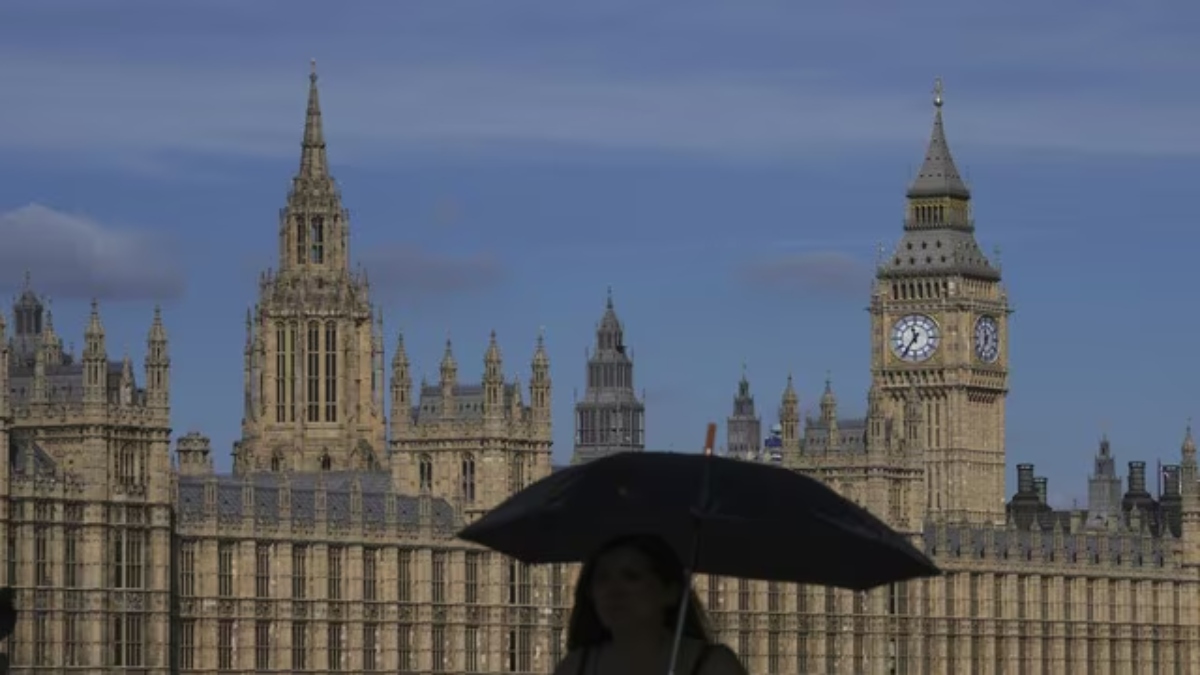Iran’s campaign of intimidation, including threats of physical violence and assassination against Iranian dissidents in the UK, is similar to the scale of the threat posed by Russia, according to The Guardian report, citing Parliament’s Intelligence and Security Committee’s (ISC) findings.
Released on Thursday, the report also identifies the UK as a high-priority target for Iranian cyber operations, ranking just behind the United States and Saudi Arabia.
The ISC notes that those behind the cyberattacks range from state-directed operatives to private individuals acting for personal profit or in alignment with perceived state objectives.
It also warns that the UK’s financial sector and petrochemical infrastructure remain particularly vulnerable to potential Iranian cyber threats, added the report.
The committee’s evidence-gathering concluded in August 2023, before the May arrests of five Iranians suspected of plotting a terrorist act.
According to the report, citing Home Office, the sharp rise in threats against Iranian dissidents in the UK —many employed by Persian-language broadcasters — coincided with their coverage of the anti-regime protests following Mahsa Amini’s death in Iranian custody in September 2022.
The report does not address the domestic impact of Israeli strikes on Iranian targets or the Hamas attack on Israel in October 2023.
ISC reports are often delayed due to extended government review, though the prime minister can only confirm the absence of national security risks, not alter the content.
Impact Shorts
More ShortsBut the report will feed into an inquiry – announced in March by the security minister, Dan Jarvis, and conducted by Jonathan Hall KC, the independent reviewer of terrorism legislation – into a new proscription mechanism surrounding state-sponsored terrorism.
Jarvis also announced that Iran, including its intelligence agencies, the IRGC, and the Ministry of Intelligence, had been placed on the enhanced tier of the UK’s foreign influence registration scheme.
Under this, anyone acting on Iran’s behalf, including criminal proxies, must register their activities or face up to five years in prison, reported The Guardian.
The ISC criticises the UK’s Iran policy as reactive and narrowly focused on nuclear concerns, neglecting broader threats.
The committee blames bureaucratic inefficiencies, lack of long-term strategy, and limited expertise — highlighting one witness’s remark: “If you have people running policy in the Foreign Office who don’t speak a word of Persian, that is a fat lot of good.”
The report says legal and practical challenges have stalled any move to proscribe state bodies like the IRGC, noting such action could implicate around a quarter of Iran’s cabinet.
Iran is described as a pragmatic regime driven by survival, using asymmetric tactics and regional proxy networks to expand influence and deter conflict.
Since 2022, MI5 has disrupted 20 Iran-linked plots posing potentially lethal threats to UK citizens and residents.
In his March statement, The Guardian quoted Jarvis as saying: “The Iranian regime is targeting dissidents and media organisations and journalists reporting on the violent oppression of the regime.
“It is also no secret that there is a longstanding pattern of targeting Jewish and Israeli people internationally by the Iranian intelligence services. It is clear that these plots are a conscious strategy of the Iranian regime to stifle criticism through intimidation and fear.”
Kevan Jones, who is also known as Lord Beamish and is chair of the ISC, said Iran posed a “wide-ranging, persistent and unpredictable threat to the UK, UK nationals, and UK interests”, adding: “Iran has a high appetite for risk when conducting offensive activity and its intelligence services are ferociously well-resourced.
“It supplements this with its use of proxy groups – including criminal networks, militant and terrorist organisations, and private cyber actors – to provide it with a deniable means of attacking its adversaries with minimal risk of retaliation.”
With inputs from agencies
)